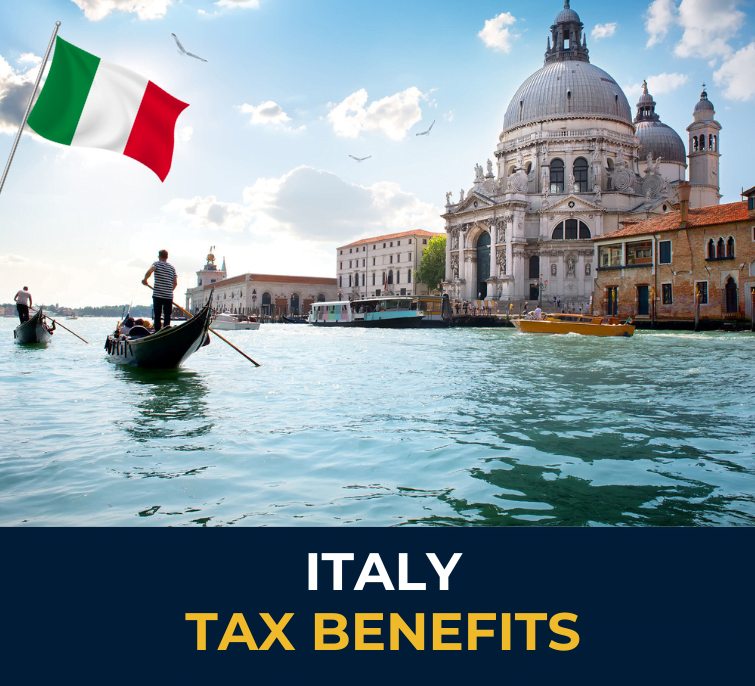Do you trade with funded accounts through a US LLC?
You need to know this:
A few months ago, MetaQuotes stopped offering its MetaTrader 4 (MT4) and MetaTrader 5 (MT5) solutions to brokers operating with funding companies that provided their services to American clients.
This is because American regulators do not permit the use of contracts for difference (CFDs).
Until now, funding companies had been in a sort of limbo since most of them offer demo accounts instead of real accounts to funded traders.
However, MetaQuotes decided to withdraw from the funded account sector for American clients to avoid regulatory issues in this country.
Consequences for traders
Due to this situation, many funding companies stopped offering the MT4 and MT5 platforms to American clients, only authorizing them to trade through other platforms such as cTrader, DXtrade, or platforms created by the funding companies themselves.
Ultimately, many companies have decided not to accept new American clients on any platform.
Among others, firms of the caliber of FTMO, Funding Pips, and FundedNext have canceled their services to American clients.
Others, like Crypto Fund Trader, have opted for the first route and continue to accept American clients, but they can only trade through their proprietary platform and never via MT4 or MT5.
Trading in funded accounts through US LLC
Many traders, for various reasons (including tax considerations), have chosen to establish an LLC in the United States to receive the benefits of funded accounts.
However, due to recent news, it will be practically impossible to pass new funding tests with most providers, as many of them no longer accept clients in the United States.
The few that still accept them likely do so through platforms other than MT4 and MT5, making them less attractive due to the widespread popularity of these applications.

Alternatives to pay less taxes
In most jurisdictions (tax hells) the returns obtained from funded accounts are considered economic activities. This means that traders using the platform must be registered as self-employed.
In addition to social security contributions (depending on the country), these returns are subject to income tax rates ranging from 19% to 49%.
Setting up this activity through a company also won’t be viable in many countries that consider it an intermediary structure and disregard it by attributing these returns to you personally.
The only alternatives involve changing tax residency to, for example, countries with tax advantages based on territoriality such as Panama, Costa Rica, and Georgia, or countries that have not implemented personal income tax (IRPF), such as the United Arab Emirates.
There are also alternatives in Europe such as Cyprus, where the total taxation would be 15%, or Malta where taxation applies only to amounts of money brought into the country to cover essential expenses (non-dom regime).
Conclusion
It seems that funding companies, as we have known them so far, will not resume operations in the United States due to the current regulatory framework.
However, this does not signify the end of these entities but rather that they will need to adapt. They may consider ceasing to offer CFDs and instead focus on providing futures if they wish to re-enter the US market.
Since this is not a change that can be made overnight, at Tax Nomads we can assist you if you wish to review your funded account operations to optimize your tax situation.
Are you interested in changing your tax residency or setting up an offshore company?
Or would you prefer a complete analysis of your situation to discover the best option for you?
In either case, we can help!
Simply request your FIRST FREE CONSULTATION by CLICKING HERE, or contact us directly via WhatsApp or through the form below.
Contact us
This decision was made due to regulatory restrictions in the United States that prohibit the use of contracts for difference (CFDs).
Traders can consider registering as self-employed and declaring their income as earnings from economic activities under the Personal Income Tax, or they can change their tax residency to countries with more favorable tax systems.



